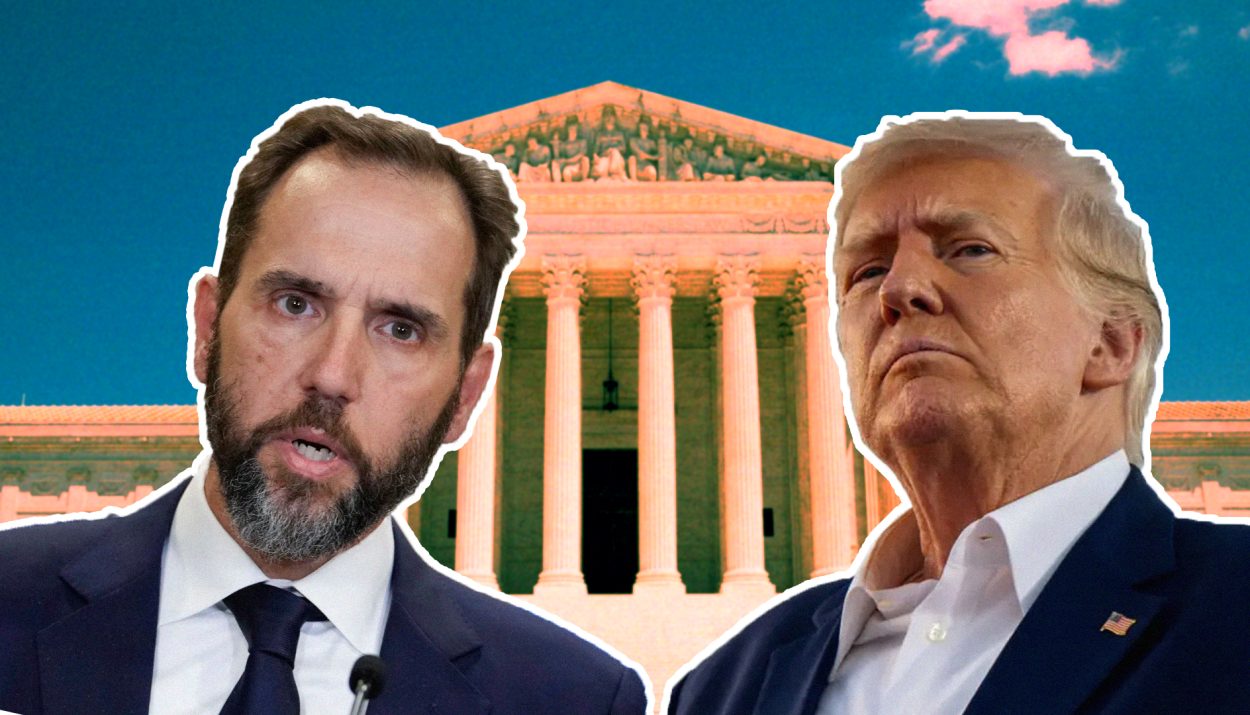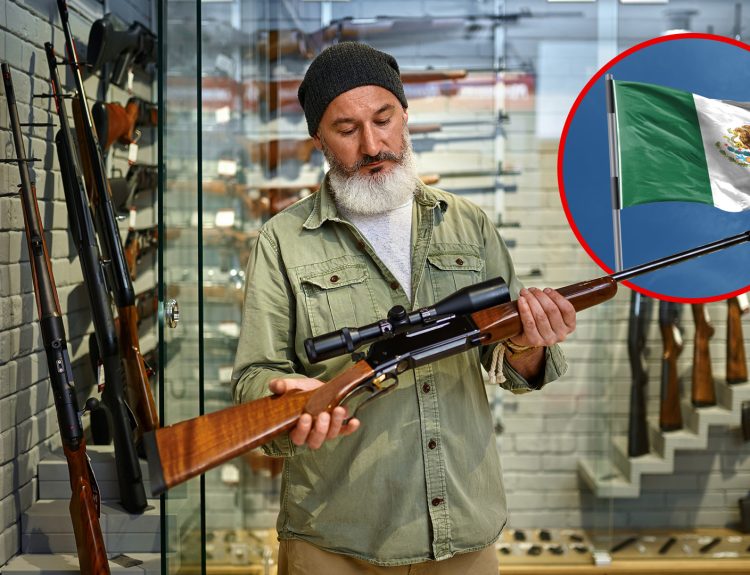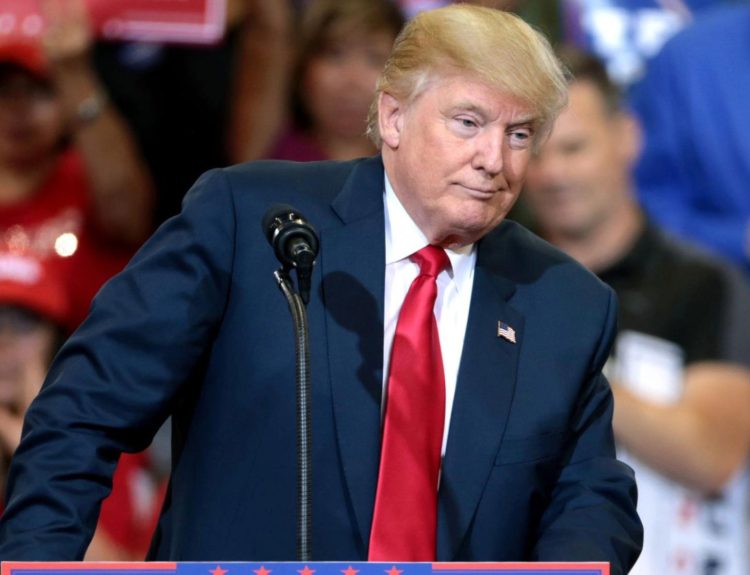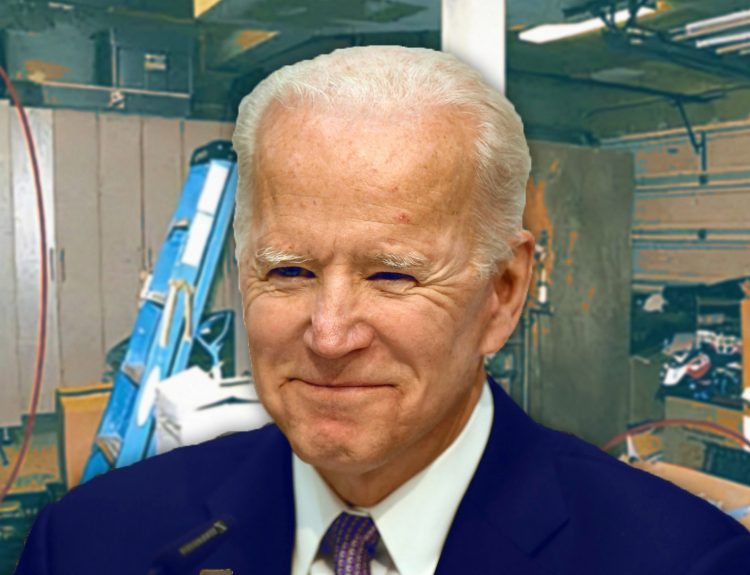Donald Trump’s legal battles have been making headlines every single week in the months since he was first indicted. While many of the charges that he’s been accused of may seem minor to many citizens, the case that everyone is watching with interest is the case surrounding the January 6 attack on the capital of the United States of America.
Legal Developments to Watch
The latest developments in the case between Donald Trump and Jack Smith have much of America watching the legal system closely. Jack Smith has been slowly revealing new information as necessary in his legal briefings, and Donald Trump’s legal team has been doing its best to keep up with the developments.
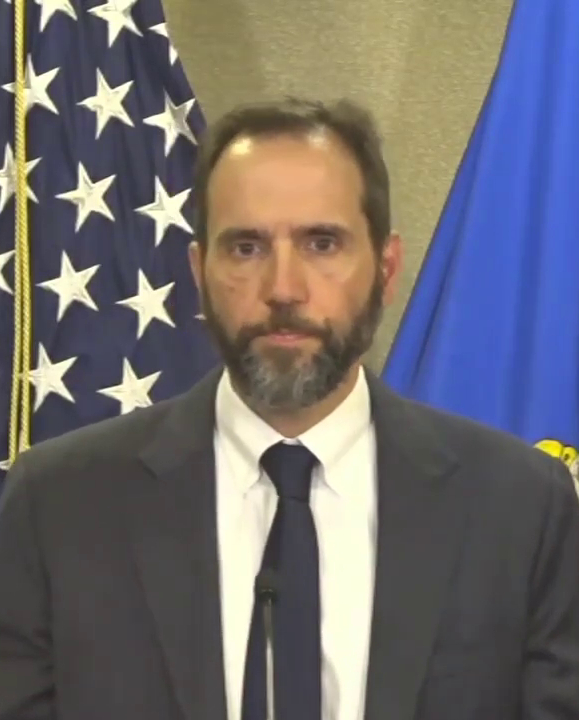
Every Smith briefing has prompted a response from the Trump legal team. Trump and his team have been doing everything they can to delay the case or have it thrown out altogether, and the latest filing from the Trump team has prompted a scathing response from Jack Smith.
Trump Claims Immunity
The most recent Trump argument against his prosecution falls along the same lines as many of the arguments that he’s been trying to make previously. Trump’s legal team is angling to have the charges against him thrown out altogether, claiming that he cannot be prosecuted for actions that he took while he was in the presidential office.
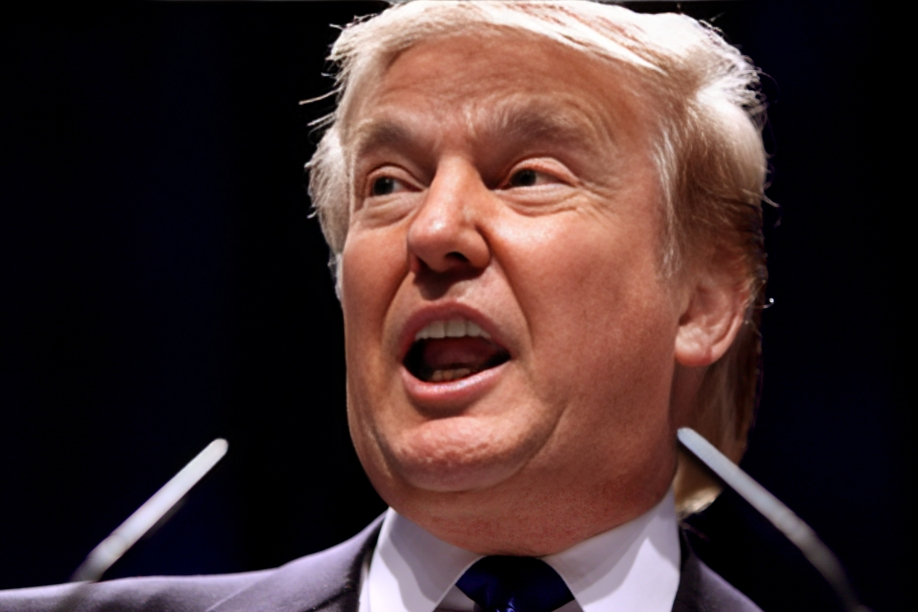
This is a desperate, hail-mary move that Trump is hoping will hold water with conservative justices if it’s appealed up to the Supreme Court. Of course, there’s no legal basis with an individual claiming absolute immunity against lawbreaking while in the office of the President, and in this case, there is historical precedent to back it up.
Nixon Did It First
Trump is not the first former president to attempt to claim immunity for criminal actions taken during his presidency. Richard Nixon, the man most famously known for the Watergate scandal and his subsequent exit in disgrace from the office of president, also attempted to claim total presidential immunity, though the circumstances were slightly different.
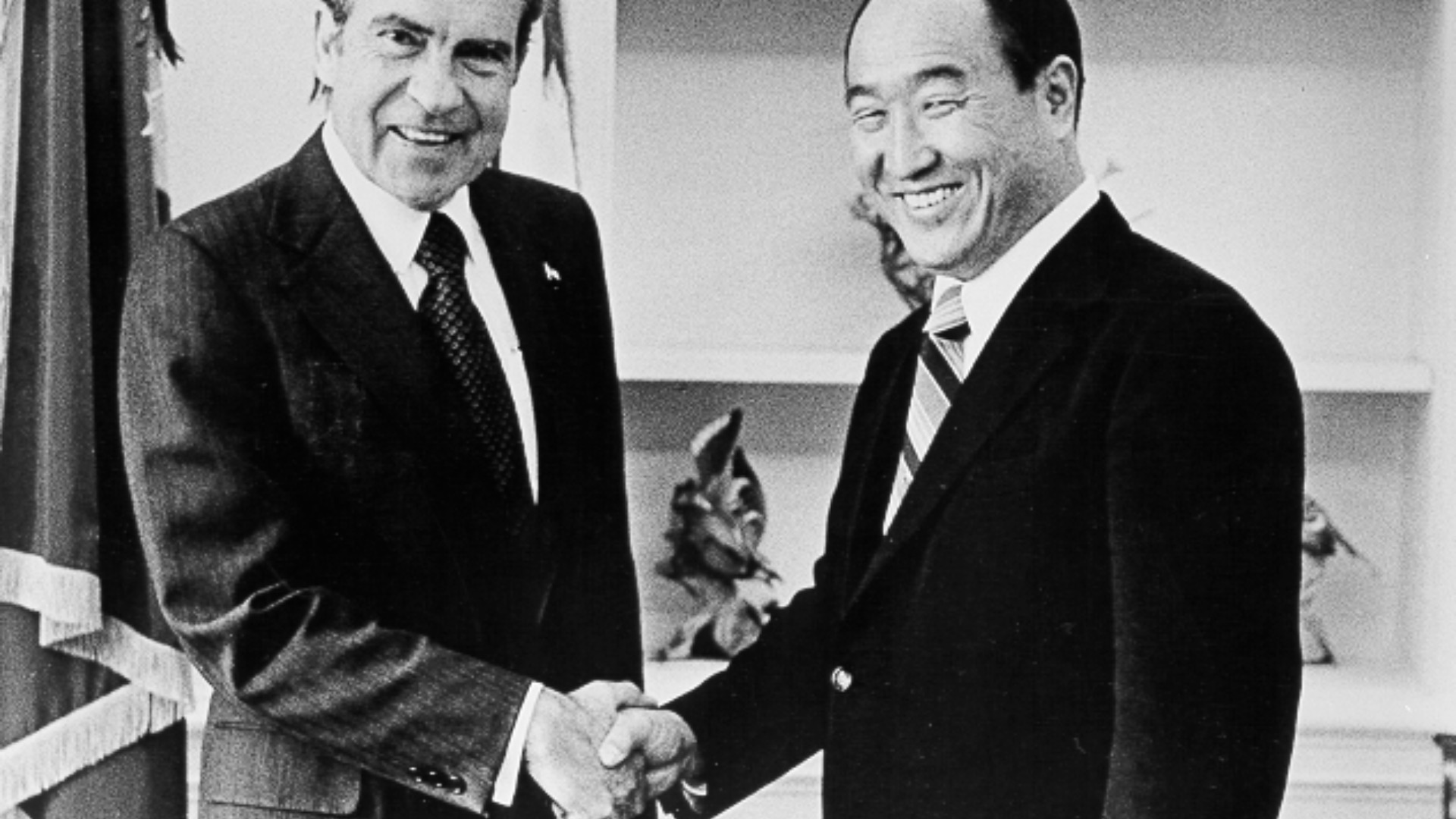
The case was raised in 1982, long after Nixon’s presidency was over. The case of Nixon v. Fitzgerald was brought before the Supreme Court, where Fitzgerald testified that he had been fired from his position in the Air Force in retaliation for testifying in front of Congress. He requested restitution and civil damages for the wages and status he lost.
The First Claim of Total Presidential Immunity
In response, Nixon raised the defense of total presidential immunity against any claim of civil damages that were created by actions that were taken while in the office of president. Essentially, he stated that he didn’t need to pay the damages requested, because the office that Fitzgerald had been fired from had been eliminated by official acts, rather than personal ones.
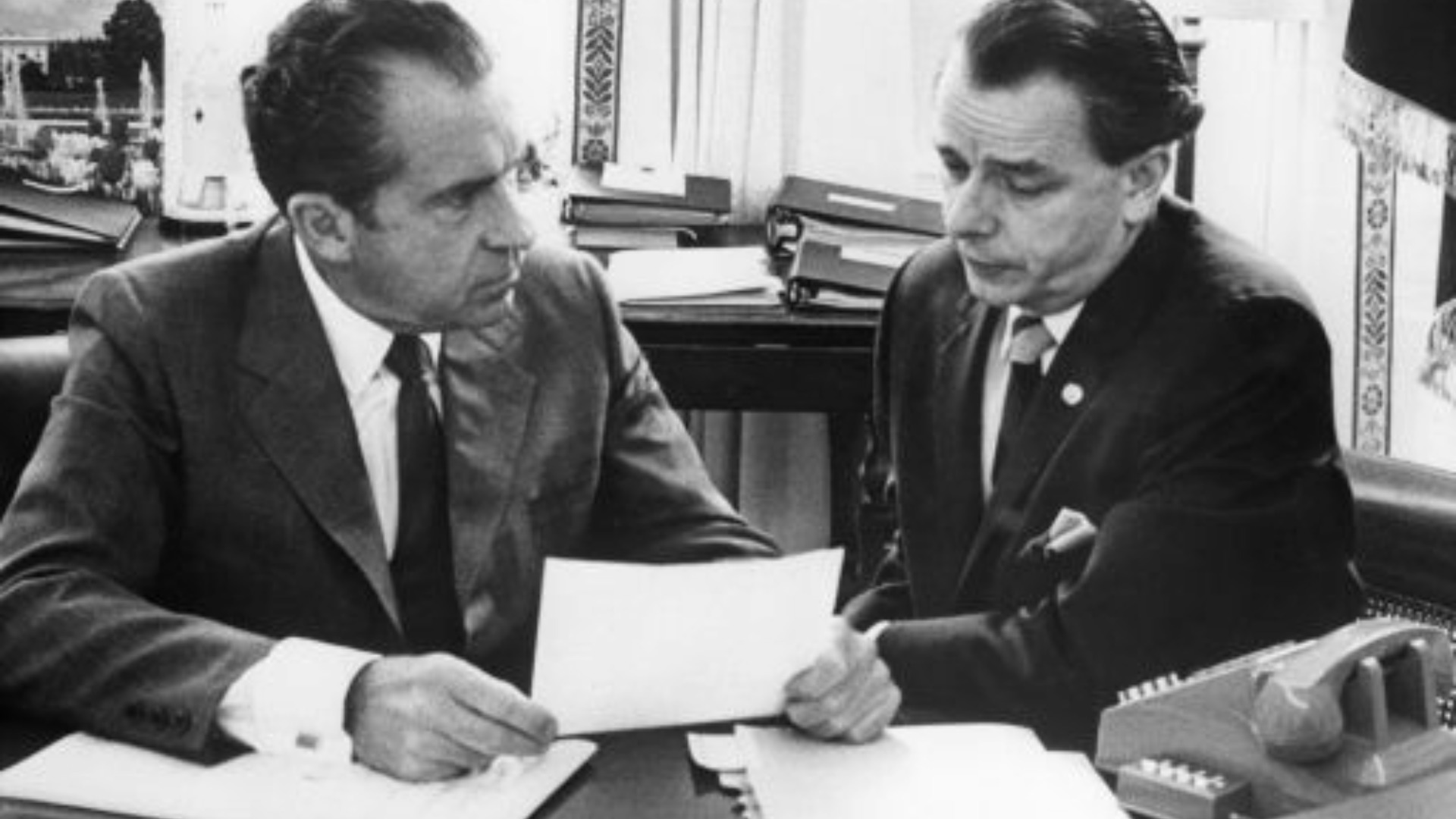
This was the first time that the concept of absolute presidential immunity had been brought before the Supreme Court. Before this, it was generally accepted that the president had further protections from prosecution than other officials such as governors and senators, who have qualified immunity.
A President Cannot Be Prosecuted
There was some legal basis for the claim of absolute immunity. It is generally accepted that a president cannot be charged with civil or criminal charges while engaging in the office of president, since it would be a great distraction from the duties that come with the office of the president.
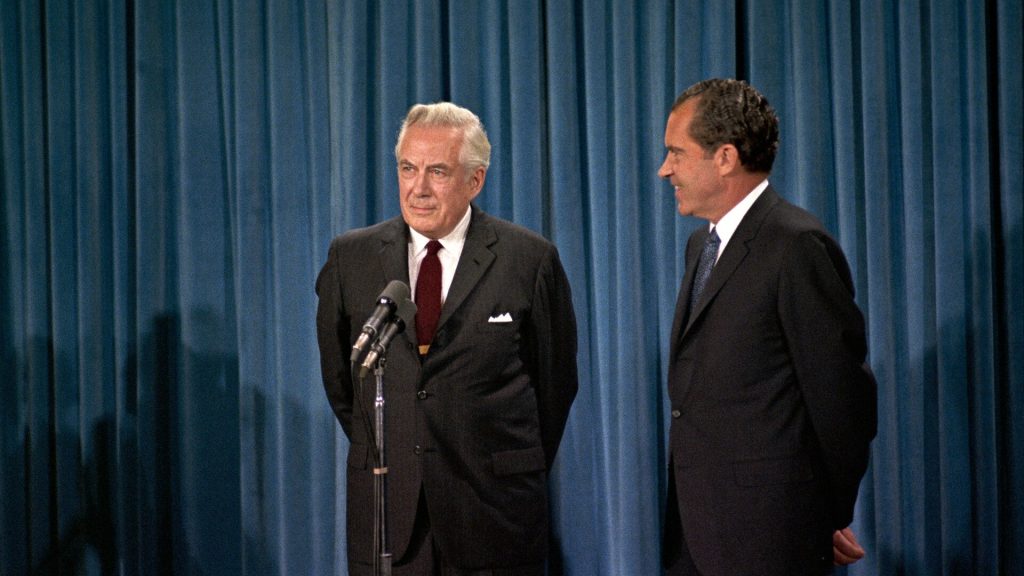
There was no prior legal background for a former president to claim absolute immunity after the fact, though, which is the question that the Supreme Court was ultimately asked to answer. Can an individual be immune from prosecution for actions taken while in the presidency indefinitely?
However, a Former President Can
In a 5-4 decision, the Supreme Court ruled that, yes, a president is entitled to absolute immunity from legal liability for civil damages, based on his official acts. However, he is not immune from criminal charges that stem from acts – both official and unofficial – that take place while he is in office.
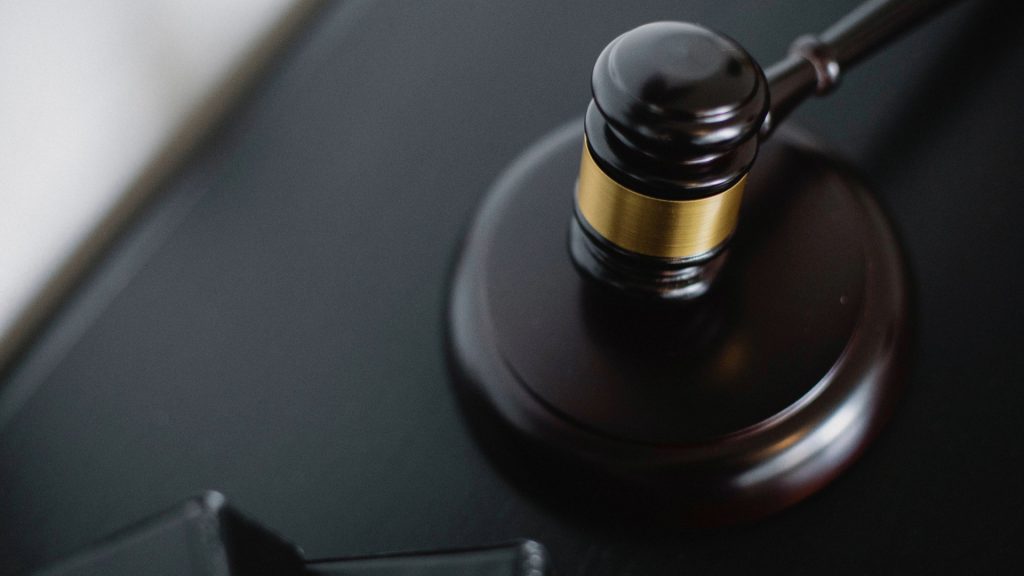
It is this opinion that completely obliterates Trump’s argument for immunity in the election interference case. He has been charged with criminal charges regarding his actions taken on January 6, and Jack Smith’s most recent brief has gone one step further in arguing against Trump’s case.
Trump Claims the Charges Are Unconstitutional
Trump’s briefing from December claims that the charges against him are unconstitutional, and it requested that the appellate court send the charges back to Judge Tonya Chutkan with instructions to dismiss the case, with prejudice.
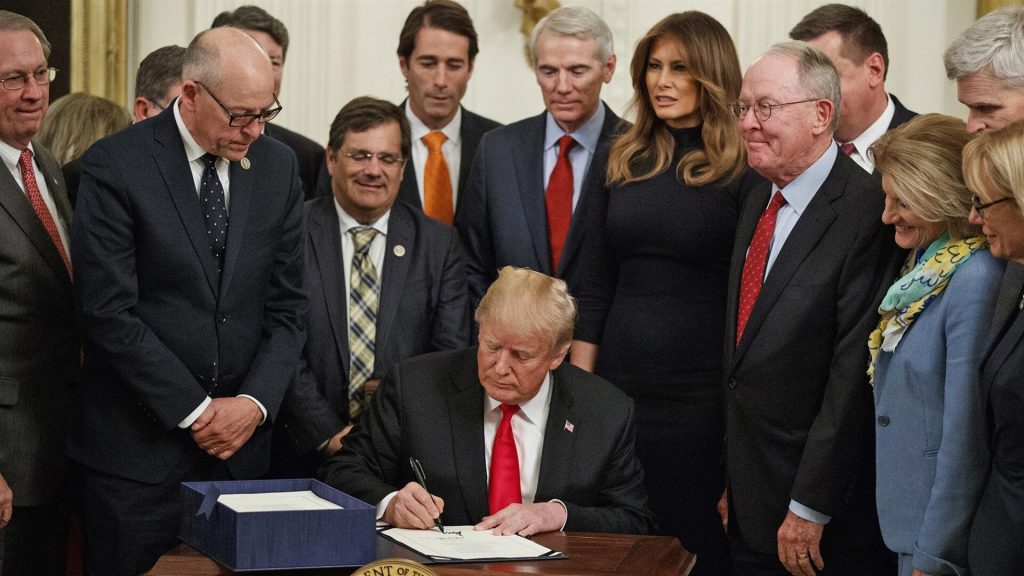
In a responding brief that numbered 82 pages, Jack Smith and his team proceeded to systematically take apart this argument, with a basis both in the constitution and precedent. More than that, Jack Smith took the structure of the brief one step further by specifically gearing the arguments in a way that experts have claimed “ripe for judicial review.”
Smith’s Argument is Powerful
In his brief, Smith explains that the claim of “absolute presidential immunity” is not only anti-Founder and unconstitutional, it also goes against precedent. He argues that the separation of powers principles in the Constitution itself clearly state that a president may be criminally prosecuted for actions taken while in the office of president – including actions that were meant to keep him illegally in the office of president.

The brief goes on to argue even more broadly for the preservation of the American Republic. Smith states that Trump’s claim that he cannot be held responsible for his attempt to subvert the 2020 election and illegally remain in office is an existential threat to the democratic and constitutional foundations of the country.
Smith Calls Out the Conservative Justices
Throughout his brief, Smith not only uses historical precedent to argue his case, but he also uses direct quotes and opinions from current Conservative justices on the court. Opinions from Justices Samuel Alito, Clarence Thomas, and Brett Kavanaugh are all used as Smith argues his case.
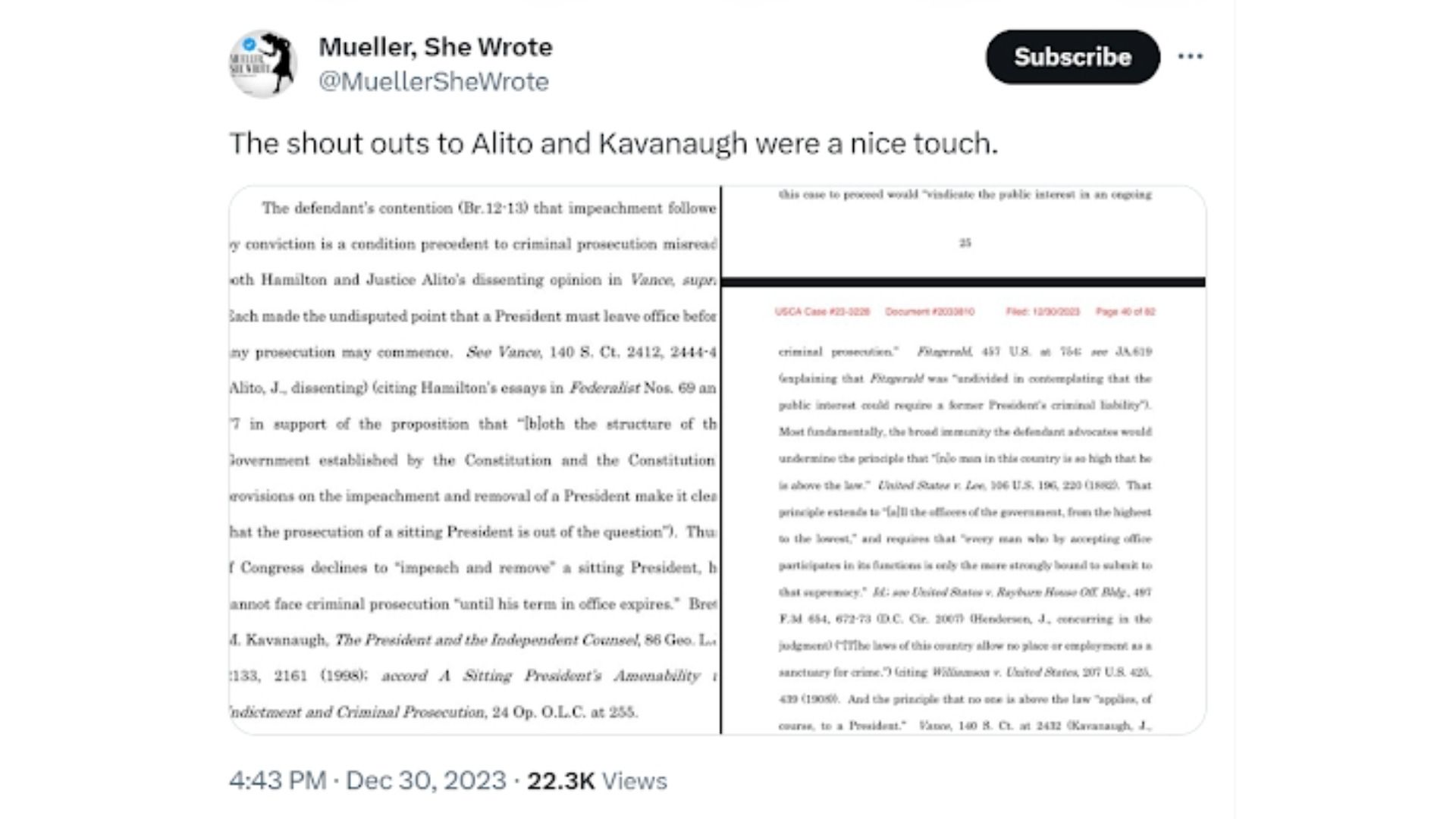
It is the reference of these particular opinions that makes the brief so particularly geared towards Supreme Court review, according to those familiar with both the legal system and the inner workings of Smith’s team. It has been called a “tour de force” brief by some members of the media, and legal experts are carefully watching to see how the legal system reacts to the filing.
An Expert Added to the Team
Some familiar with both the text of the brief as well as the prosecution team have called the text of the brief a “classic Dreebon.” This is in reference to former Deputy Solicitor General Michael Dreebon, who is an expert on the Supreme Court and was added to the prosecutorial team early in December of 2023.

Dreebon has led federal criminal cases at the Supreme Court on behalf of the government before, experience that makes him particularly valuable in this case against a former president. It’s also an indication that Jack Smith is ramping up his strategy in court, and it is clear that Smith believes that he has a winning case on his hands.
Reactions Have Varied
Reactions to the briefing online have been varied. Many people familiar with constitutional law and the workings of the Supreme Court were amazed by the scope of the brief, and all that it entailed.
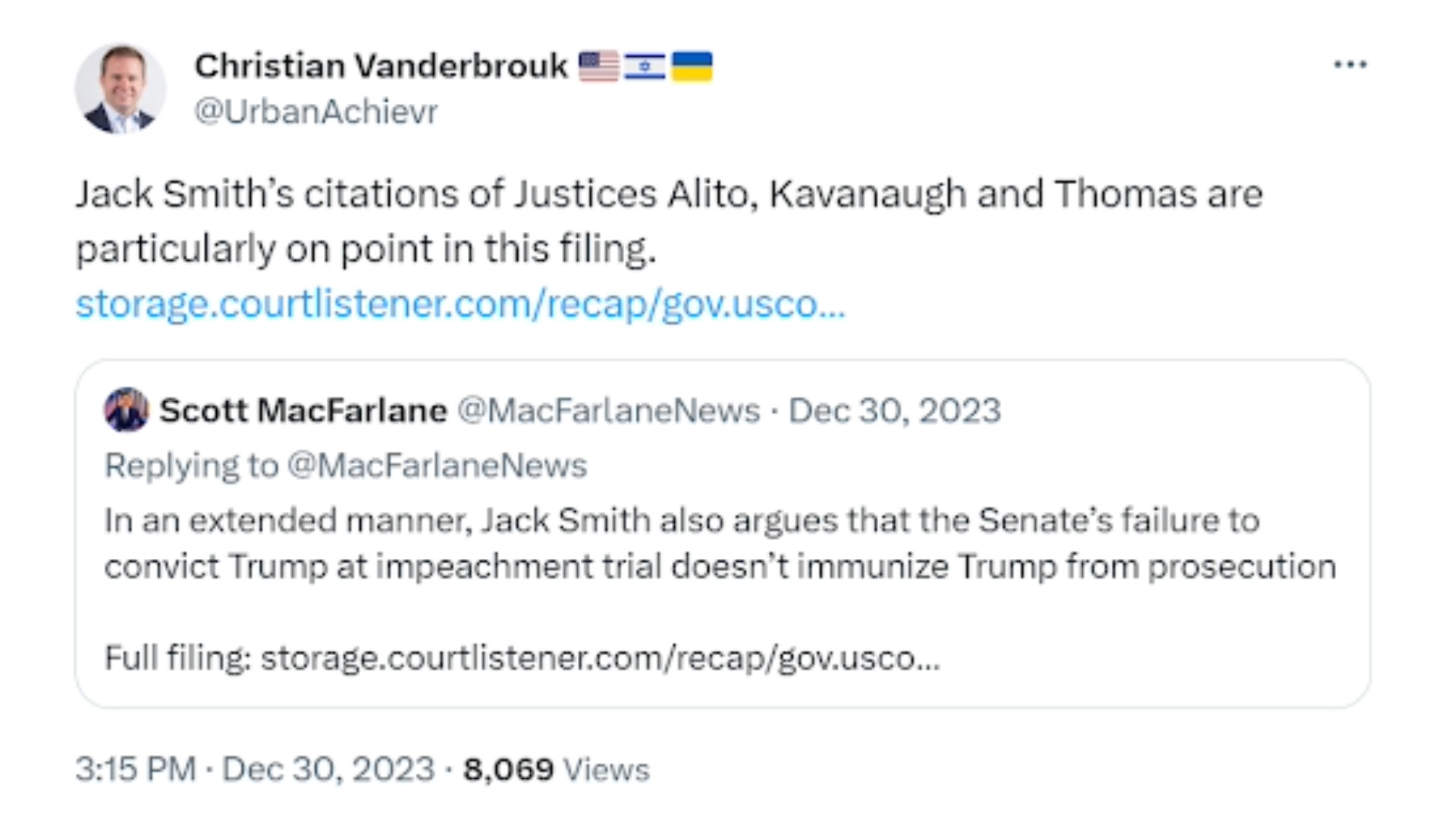
Even conservative commentators had positive things to say about the briefing, and the references to the conservative Supreme Court justices in particular. Christian Vanderbrouk, a commentator who once worked in the George W. Bush White House, called the comments “particularly on point.”
Big Reactions From Trump
As far as Trump himself, all proceedings between him and Jack Smith have resulted in what could be considered losses of temper online. After Judge Chutkan issued her briefing in December, he took to his social platform Truth Social, claiming that he had “absolute immunity” and that Jack Smith’s claims were “clear evidence of election interference.”
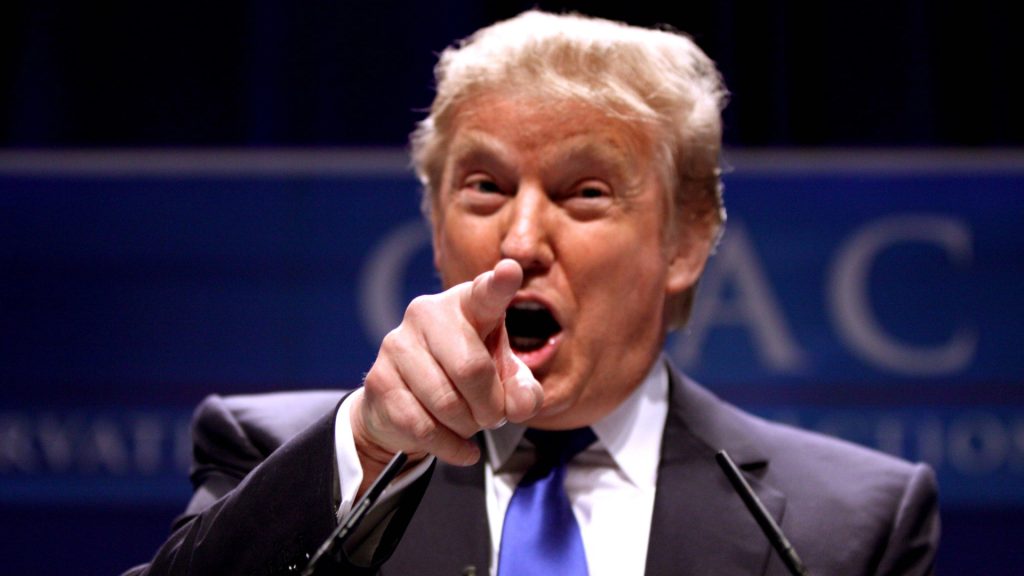
This is not the first time that Trump has taken to Truth Social to try and get people on his side regarding the January 6 case, as well as the other cases against him. It isn’t the first time that he has claimed election interference, either, though there is still no evidence to suggest that the criminal proceedings are at all politically motivated.
Trump Pushing For Contempt
The latest filings have resulted in another move from the Trump team ahead of the oral arguments starting on January 9. Trump’s team is pushing for Jack Smith to be held in contempt of court for his actions while the case was being appealed in December, claiming that filing briefs and turning over evidence was “weaponizing the court’s Stay order.”
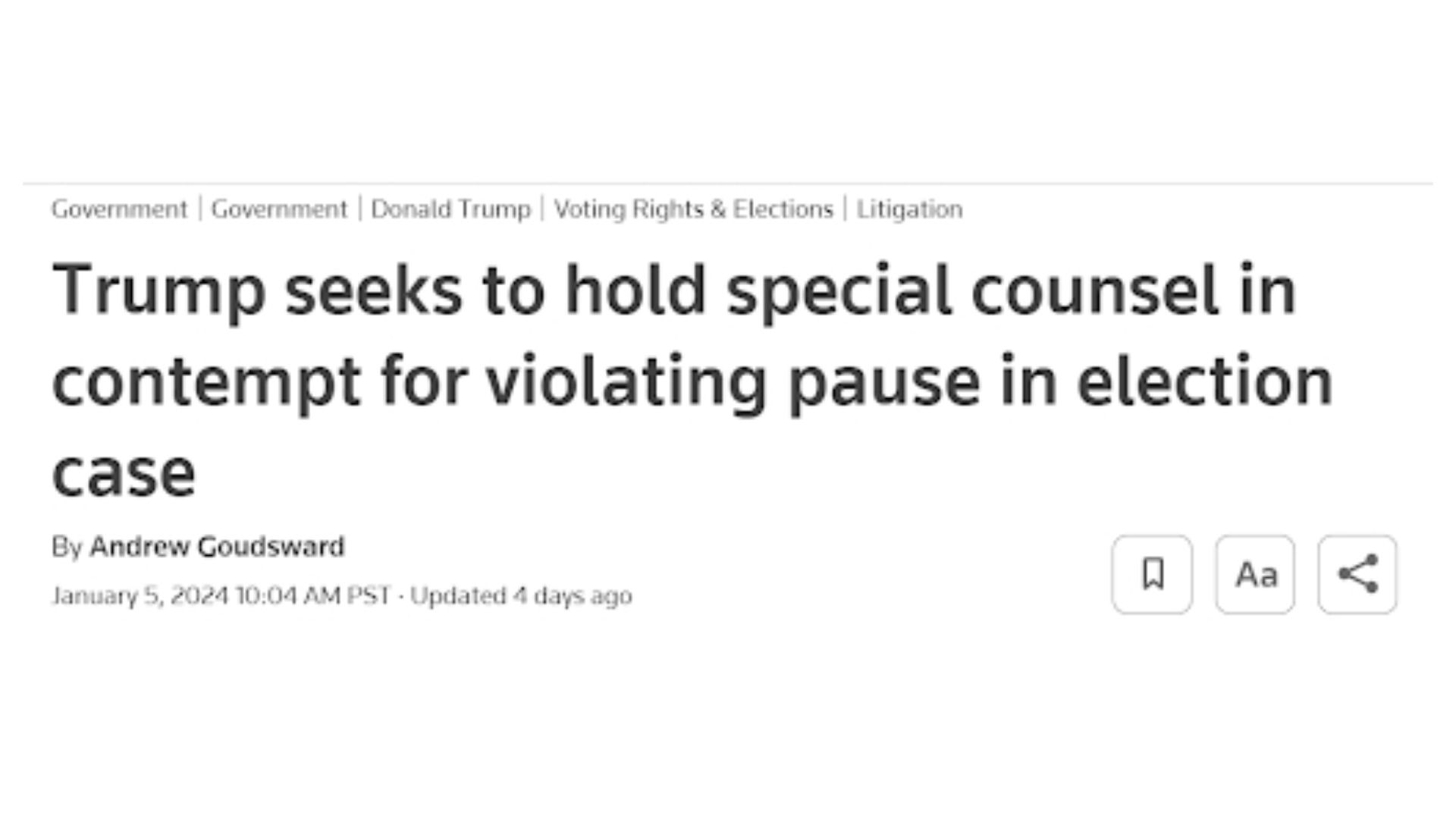
The Smith team responded that the accusations were the same ones that Trump has been attempting to push during the entire length of the legal proceedings, and that recycling the same allegations ahead of oral arguments was not going to have the effect that Trump wanted. Oral arguments have not been delayed by the Trump’s team’s actions, and it appears that the case will continue to move forward with all appropriate speed.
A Case Being Closely Watched
With the sensitive nature of the election interference case, it’s nearly certain that there will be more bombshell briefs filed on both sides of the aisle as proceedings get closer to the official start date.

The end result of the case is one that is being carefully watched by significant players on both sides of the political aisle. Either way Judge Chutkan rules, this case could have wide-ranging consequences for both democracy and the rule of law, and it will be interesting to see how things ultimately play out.

